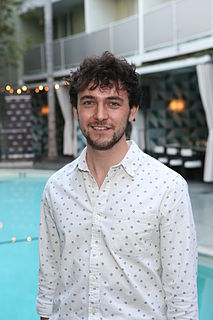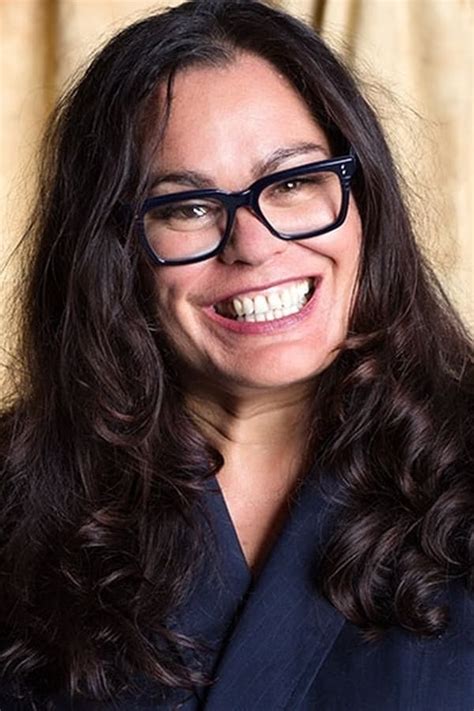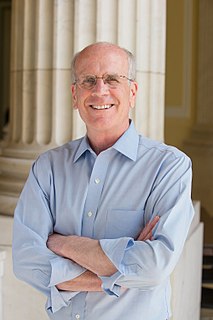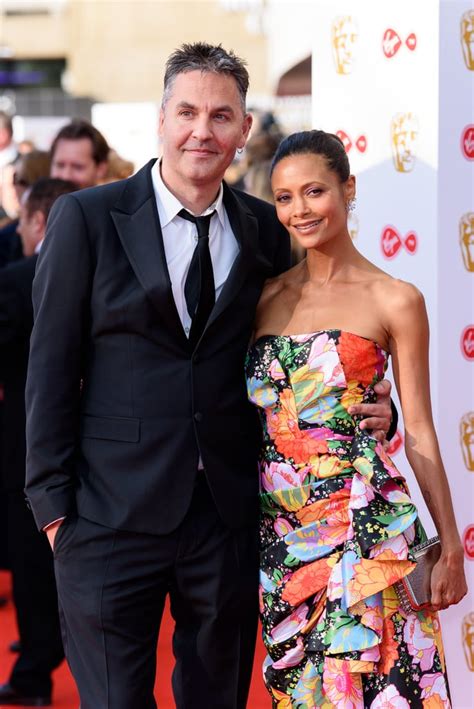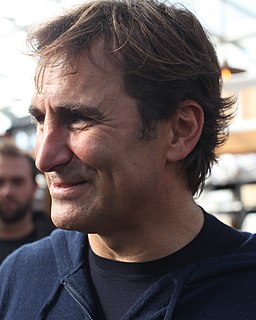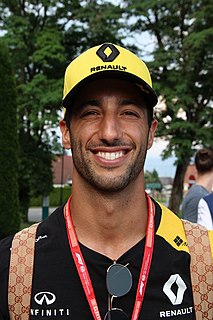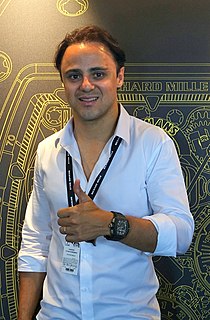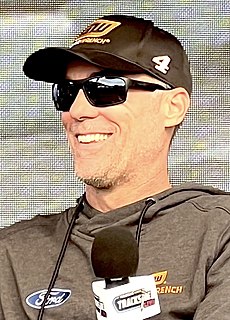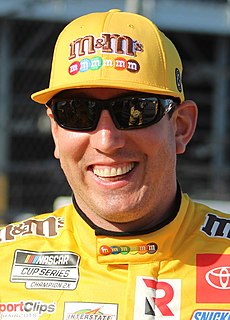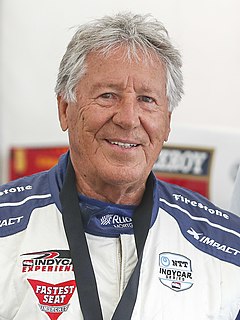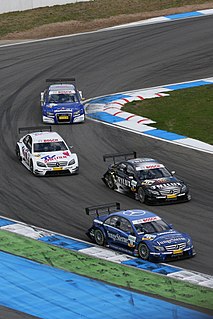A Quote by Lewis Hamilton
What people tend to forget is the journey that I had getting to Formula One. There were plenty of years where I had to learn about losing and having bad races.
Related Quotes
I guess if you have had a good education as opposed to someone who hasn't been to school, you start off on this journey having studied Shakespeare for years and years or studied classics. I suppose why people see this big divide - the boarding school boys getting all the roles - is because they feel like some people have had a head start.
I have one quote I very often read to myself, from a very good friend: 'Forget the people around you now; remember the little boy who was racing in go-karts, what you were dreaming of and what he wanted to achieve one day and what was his goal. Race for him.'. I fell in love with the sport, I love racing. The amount of satisfaction I get just going around in a Formula 1 car makes me smile. So if it is a bad day then you tend to come out and say it's horrible and you don't enjoy. But if you had to pick between that and doing nothing, you would always pick that.
All of human history is about the going from sudden fat years to the sudden lean years. We've always had good times and bad, and we've had ways of managing the bad times. We have ways of insulating ourselves, making ourselves less sensitive for the bad times by having things like grain stores, for example. Pretty much every civilization that's lasted for any reasonable length of time has some food management principles behind it. But what's been happening over the past thirty years is it's failed - the insurance policy.
I've had self-esteem issues for a really, really long time. Plenty of people think I'm ugly, and plenty of people don't. But there's a moment when I'm modeling where I forget about my self-esteem issues and focus on what the photographer's telling me - and I feel pretty. And in that sense, it's selfish.
For a moment, I wondered how different my life would have been had they been my parents, but I shook the thought away. I knew my father had done the best he could, and I had no regrets about the way I'd turned out. Regrets about the journey, maybe, but not the destination. Because however it had happened, I'd somehow ended up eating shrimp in a dingy downtown shack with a girl that I already knew I'd never forget.
Last night, I had a telephone townhall for my constituents back in Vermont, and we had 11,500 people on it. And I had people on Social Security saying if getting fewer benefits will help us on the debt, they're for it. And I had a farmer saying that he's had subsidies for 35 years but we can't afford them anymore.
The structure and formula are now so well-known that it's become very hard for the film-maker not to commit the cardinal sin: letting the audience get ahead of the film. So it takes some real sparkle - of which I thought 'Man Up' had plenty, especially in the writing - to keep the viewer enjoying a by-now predictable journey.
But, finally, I had to open my eyes. I had to stop keeping secrets. The truth, thankfully, is insistent. What I saw then made action necessary. I had to see people for who they were. I had to understand why I made the choices I did. Why I had given them my loyalty. I had to make changed. I had to stop allowing love to be dangerous. I had to learn how to protect myself. But first… I had to look

